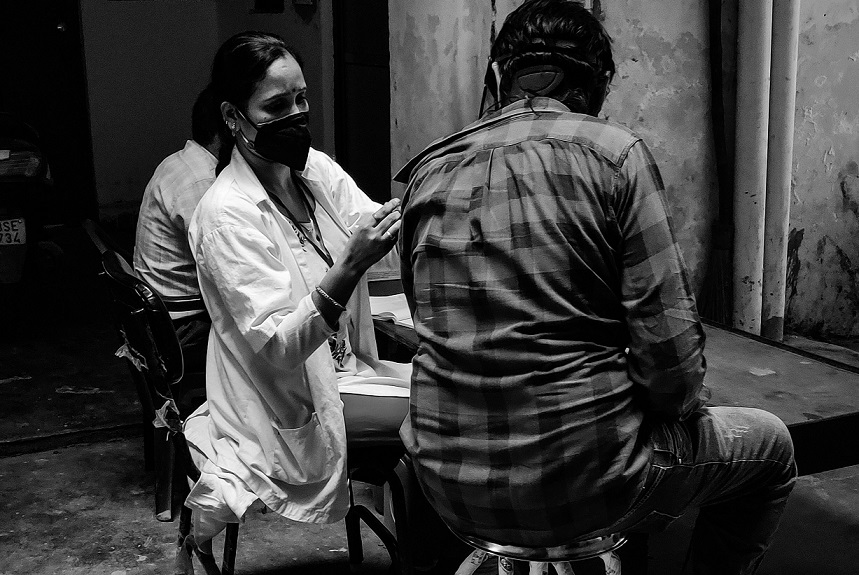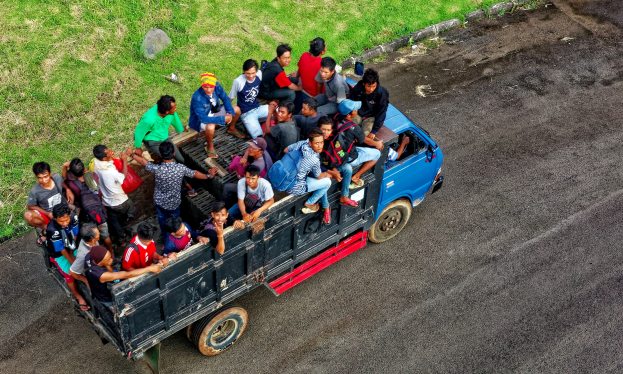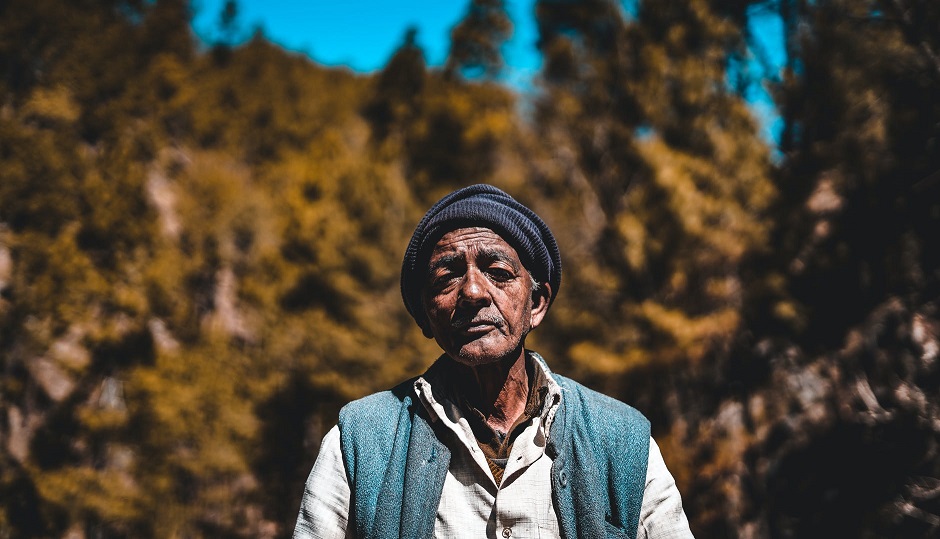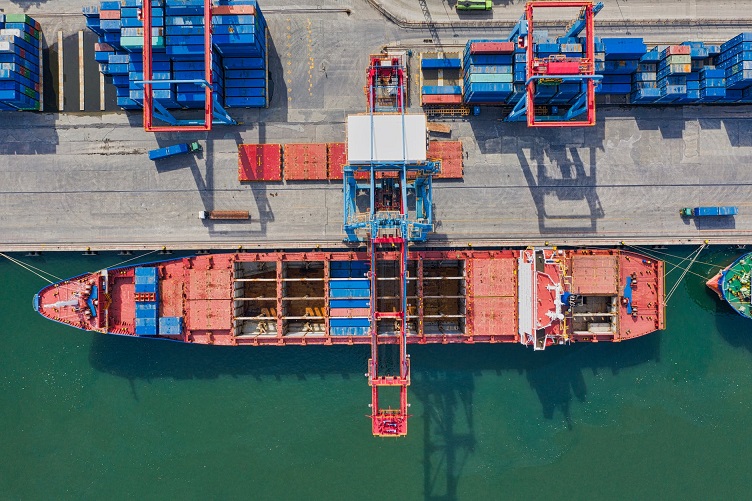Odisha with its all-round preparation and fight against COVID has seen positive results. The second Covid-19 wave has been now under control in Odisha with cases declining by 0.5- 1% daily. For every 1 lakh population around 28,500 have been tested. The recovery ratio has reached a high of 92%.








